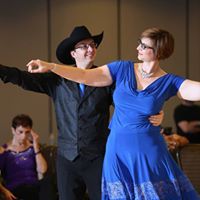-
Welcome to the eG Forums, a service of the eGullet Society for Culinary Arts & Letters. The Society is a 501(c)3 not-for-profit organization dedicated to the advancement of the culinary arts. These advertising-free forums are provided free of charge through donations from Society members. Anyone may read the forums, but to post you must create a free account.
Swearing/cursing in professional kitchens
-
Similar Content
-
- 425 replies
- 88,448 views
-
- 2 replies
- 370 views
-
- 12 replies
- 7,735 views
-
- 8 replies
- 6,963 views
-
- 485 replies
- 120,652 views
-
-
Recently Browsing 0 members
- No registered users viewing this page.






Recommended Posts